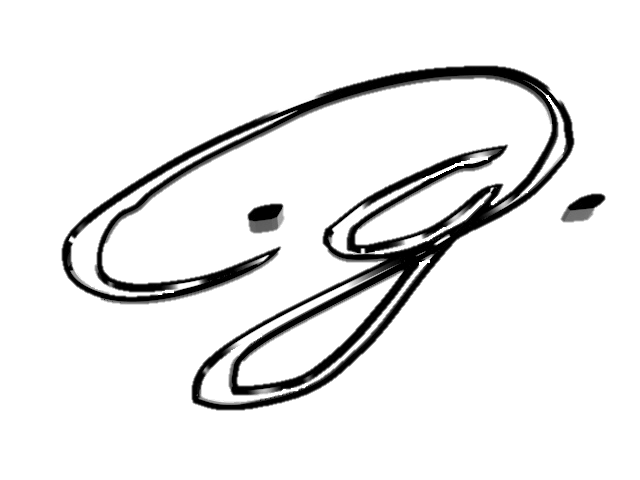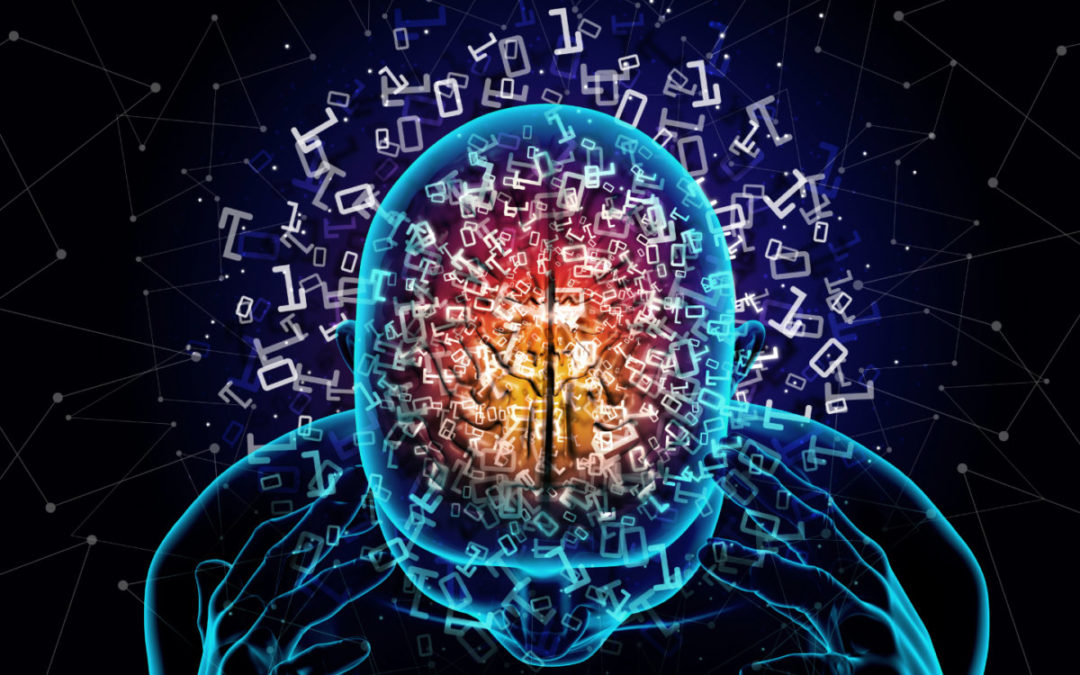In this article, I am going to try to convince you of the following:
1. You are highly creative
2. Because you are highly creative, you can remember anything
The Technology Paradox
Due to the rapid advance of technology over the past several decades, it is not at all uncommon to see an elderly individual poke at a computer like it is a dead animal. If you don’t own the latest iPhone or you still wish people happy birthday on Facebook, you are practically a Luddite; it’s a harsh and fast world out there. But despite the incredible technological advancement of the last century, humans have not yet come close to replicating the human brain. It is, without exaggeration, the most complex thing in the universe. Taking both the modern world’s obsession and fascination with technology, and the universal accessibility and complexity of the brain into account, it is astonishing how we have neglected it as a species.
To have trouble navigating the internet is akin to being illiterate, but to have no understanding of your own brain and how to use it is perfectly normal.
To be fair, though it is a convenient analogy, the brain is not a computer. There are some things that computers will always do better than the brain, but for this we can be grateful. Computers excel at many of the tasks that are tedious and cumbersome for the brain, leaving us with only the limitless, wild possibilities of the imagination that no computer can fathom.
“God gave us memory so that we might have roses in December.” –
Memory
Our brains are incredible at storing and indexing information. Much like a database, two pieces of information don’t have to be logically connected in order to be associated. For example, in the famous Pavlovian experiment, dogs were trained to salivate at the sound of a bell. There is no inherent connection between the sound of a bell and food and yet it was possible to wire them together in the brain with some simple training. Unlike a database, there is no limit to the quality of information that can be stored and connected. These connections can also be reformatted and rearranged with ease, connections can be made stronger or weaker, connections can be skipped or even eliminated without disruption of the rest of the network.
But despite the power and flexibility of the brain, you have no doubt found that some information is easier to remember than other information. Sometimes there are obvious patterns to this phenomenon – it is easier to remember the name of your best friend than someone you just met – but other times it is downright frustrating. You use your credit card all the time and yet cannot remember the number, you heard an annoying jingle from a local carpet retailer and you can’t get it out of your head, you remember the time you broke your favorite green Hot Wheels truck, but can’t remember anything you learned in school.
The truth is, there is a method to the madness and there are ways to make your memory work for you instead of against you. It all comes down to making your brain hungry and learning to present information in ways that it loves to consume.
“The true sign of intelligence is not knowledge but imagination.” –
Creativity
Please read the following list of digits: 49515684717
Now read this short story: There once was a Rabbi who loved to drink Lattes. One day, as he was sitting on his veranda sipping his favorite beverage, he noticed a giant leech trying to eat his toe. Horrified, he grabbed a fork from the table beside him and began stabbing the leech in a frenzy. Overhearing the clamor, the Rabbi’s trusty dog, Pugsley, ran over to help and ate the toe leech in one bite.
Without looking at the numbers or rereading the story, which one is easier to recall?
Without review, or any attempt at memorization, the average person will remember the leading digit of the number and maybe a couple other digits out of order; despite being much longer and more intricate, they will remember all of the key details of the short story.
This probably comes as no surprise to you. Even if you have never thought about it, you have some intuition for what is memorable and what is not. Numbers are inherently abstract and ambiguous – without context, they don’t elicit any images or sensory experience. Stories on the other hand can summon an extraordinary range of emotions, memories, and sensations in the reader. Also consider this, the story above contained no actionable information. While it can certainly improve retention, relevance to your life – your wants, needs and circumstances – is only one of many factors that makes information memorable and yet this is often the sole feature adults rely upon to learn.
Believe it or not, the string of digits above and that silly story are one and the same. Using a number mnemonic system called the Major Method, I constructed the story from the random number. 49 = Rabbi, 51 = Latte, 56 = Leech, 847 = Fork, 17 = Dog. Rabbi drinking a Latte while stabbing a Leech with a Fork and being rescued by his Dog = 49515684717.
In other words, if you remembered those details from the story, you accidentally memorized a random 11 digit number in ~20 seconds without repetition or effort. Now, you might be thinking “sure, if I learned some fancy system, that would be true, but I don’t know the Major Method! And even if I did, who cares about memorizing numbers?” I like to introduce people to the connection between creativity and memory with the Major Method because it exemplifies the brain’s ability to seamlessly convert between seemingly disparate forms of information and it shows how one can translate something as abstract and benign as random digits into a memorable sensory experience.
In this way, your memory is limited only by your creativity. There are an infinite number of ways to manipulate information; once you have reawakened your creativity, your potential to learn is unlimited.
“Curiosity about life in all of its aspects, I think, is still the secret of great creative people.” – Leo Burnett
Curiosity
Ask a question.
Now another.
And another.
How long could you do this? How many questions could you ask?
You could go on forever, could you not?
Adults fail to learn effectively because they misunderstand children. Adults assume that children ask questions because they don’t know anything; this is false. Children ask questions because they desire to know something. This distinction is not trivial. There are relatively few things that are vital for a human to know in order to survive. Children do not ask questions because they sense that they are lacking vital information, they ask because they are curious and take pleasure in learning new things. It is the slow shift from learning for the sake of feeding curiosity to learning as means to some practical end that is fatal. It is not the practical approach itself that is the problem, but the failure to recognize the shift and understand the consequences.
It is a common fallacy that children have an intrinsically greater learning capacity than adults. They do not. This is the failure to recognize the difference in the modes of learning and the role of curiosity. Curiosity is the fuel for creativity. If you are not curious, your creativity is impaired. If your creativity is impaired, your ability to learn is stifled.
Humans are curious by nature, but time and experience chokes the curiosity of many adults.
The solution?
Ask questions.
Let me be very clear on this: the quality of the questions you ask does not matter, nor does it matter if you answer them. What matters is that you ask.
If you are unsure of where to start check out this post.
Let’s review. If you are able to ask questions, which you are, you can fuel incredible creativity. If you are highly creative, you can convert any information into the formats your brain likes to consume. If you can convert any information into the formats your brain likes to consume, you can remember anything.
Now here is the extra fun part, if you can remember anything, you can learn anything.
This is what Curiosity Jump is all about. Curiosity is the foundation of all learning and learning ability. Once you take that jump, even the sky is no limit.
If you are ready to triple your learning speed – I’ve got you covered



